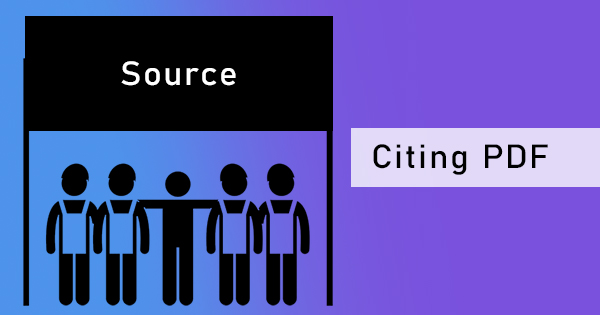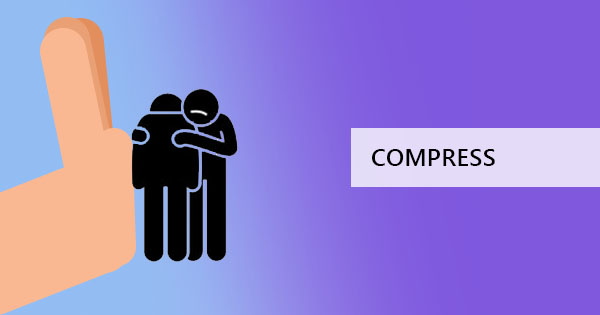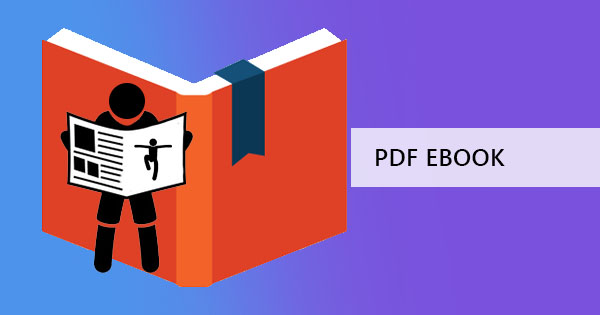
Citing a PDF in your document is no different than citing a book or a published article. It is in fact an acceptable piece nowadays, as PDFs are essentially part of the digital world. It is important though that the proper format be followed for citing a resource. According to APA website citations, there are certain details that need to be present when mentioning a reference and if that detail does not exist or lacks thereof, the formatting should be presented differently or replaced with a relative detail.

Usually, citing online publications using the APA method requires the inclusion of author, date, the title of the reference, the website name, and the URL address.
Reference citation format: Author, (Year of Date, Month and day). Title of the article. Name of the source. URL address
This is applicable though if this is a PDF document uploaded online and has its own link. Again, if the source is different and if the document doesn’t have enough details, then the citation becomes different as well.
Important to note
PDF documents are no different from citing newspapers or websites and you can treat it as if it were as such. If the source is a PDF version of a magazine, then it should be cited as a magazine. If it was uploaded online, cite it as if it was a website or an online article. This means, using the link of the PDF as the URL.
If you are citing a website
When you are including a whole website as a reference in your document, citation can be as simple as adding its name and URL in your paragraph. For instance, if you were to use Facebook (http://facebook.com), then you could simply include the URL inside a parenthesis as we did in this sentence. This is applicable if there is no requirement for you to quote or use a specific part of the website.
If you are citing an online article
May it be a newspaper or a blog, an article online should still be cited properly. If the article is an online version of print media, then it should be cited as if it was on print plus its URL. The formatting should follow as such:
In-text: (Author’s last name, year of publication)
Reference: Author’s last name, Initials of first name (Year, Month, Day published). Article title. Publication name or blog name. URL.

If you are citing a reference without an author
For instances where details are incomplete, shortening the citation is not a problem. For example, if there is no author present in the resource, replace the title with the name of the organization. But if there is no detail to replace such detail, the format should begin the citation with the title. It is also required to shorten the title in the in-text citation if is long.
In-text: (Title, Year)
Reference: Title of the article. (Year, Month, Day of date). The name of the website. URL
If you are citing without a date
In another example, if the source does not have an exact publication date, then it is proper to use the retrieval date as a replacement. For blogs, the date of posting will be used as the publication date and if the article updates and changes date from time to time, it is necessary to add the date when it was read. In worst cases where you cannot find any date at all, then the last resort is to put “no date” in the citation. Here is the formatting for “n.d.”
In-text: (Last name or organization, n.d.)
Reference: Last name of the author, first name (n.d.). Page title. Website name and Month day and year date when it was read, from URL
If you are citing a post from social media
Another possible resource that is made available in this generation is social media. Posts from social media may not always be reliable though as it can be edited, or deleted immediately. When citing social media posts, titles are replaced with the first few words of the post and include the type of media in the reference. Other types of reference such as Twitter or Instagram, may need to include the username in the citation, otherwise, you can completely remove this detail.
In-text: (Author, date)
Reference: Last name of the author, initials of the first name. [@username] (Year, month day). First 20 words [Description of post] [Type of media]. Website name. URL



